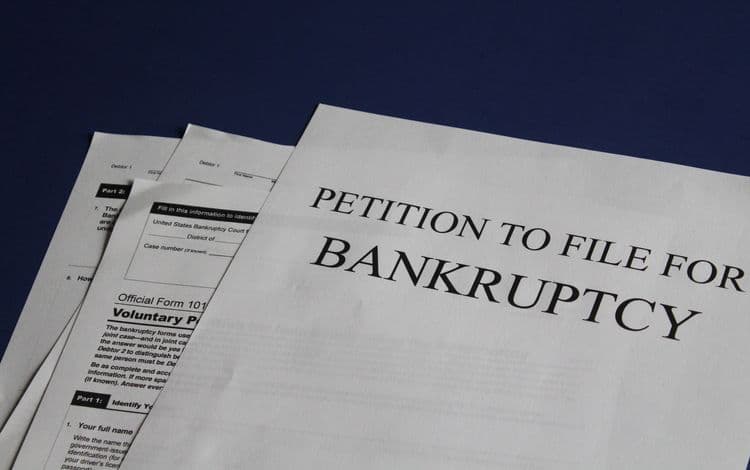Many small business owners faced the same situation once COVID-19 started spurring shutdowns across the nation. They had to figure out a way to survive during what is still a fairly uncertain time with an even more uncertain future. For many business owners, sales have dropped off anywhere between 50 and 80 percent. And when you don't necessarily have a large cash reserve from which to draw, this definitely can paint a bleak picture of what is to come.
A former SBA administrator noted that this is perhaps the most devastating time for small businesses that America has ever witnessed. On average, smaller companies have potentially a month worth of reserves, beyond that, they face a decidedly uphill battle. Many may and probably will declare bankruptcy in the weeks and months ahead. But there are things you can do to try and avoid this particular fate.
Utilize government programs
Right now small businesses are clamoring for those PPP funds. This loan can be forgiven if the borrower adheres to the requirements of forgiveness as outlined by the SBA. Otherwise it becomes a 1% loan to be paid back within two years. You can try multiple lenders as far as applying for the program. You can however only take out one such loan. Additionally, some local state and city governments are offering their loan programs.
Revisit your contracts
Look at where you currently stand with vendors and suppliers. Is there room for negotiation? Especially given the situation in which we are all in, many companies are apt to be willing to work with you. Suppliers for instance are probably navigating their challenges, and the last thing they want to do is to lose business. They might be open to extending payment terms or reducing payment amounts even.
Go after the outstanding invoices
If you're owed money, now is most definitely the time to try and collect it. Even if for example, the work you were supposed to do isn't 100% complete because of the lockdown situation, you may want to try and bill for what was completed. The key is to have some cash coming in and thus stay liquid.
Cut down on staff costs
Many may have to make the tough choice to layoff or furlough workers during this period. Keep in mind however, given the PPP guidelines, if you do have a loan you might not be able to layoff workers if you're going to seek forgiveness.
If this is a decision you make, do so carefully—everyone is struggling and laying off someone loyal to you can be incredibly tough. The other option is to cut back on the number of hours they work and/or reduce salaries temporarily.
First Union Lending is here to help! We want to see our clients come through this and ultimately go on to be successful. Our loan programs are fast and flexible and can be used for any need you might have—Call today and let's get started!
